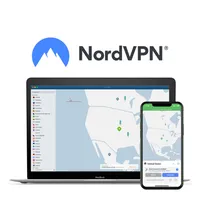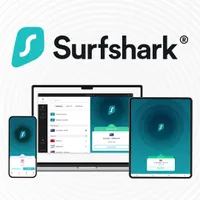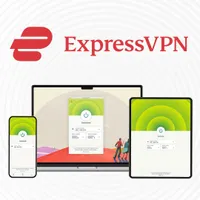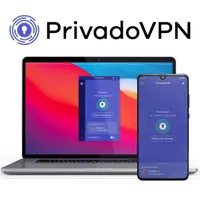The 3 hottest VPNs for protecting your data this weekend – plus a bonus free option, chosen by our cybersecurity experts
UK age verification is live. Here's how the Online Safety Act is changing the web and which VPNs can help you stay secure.
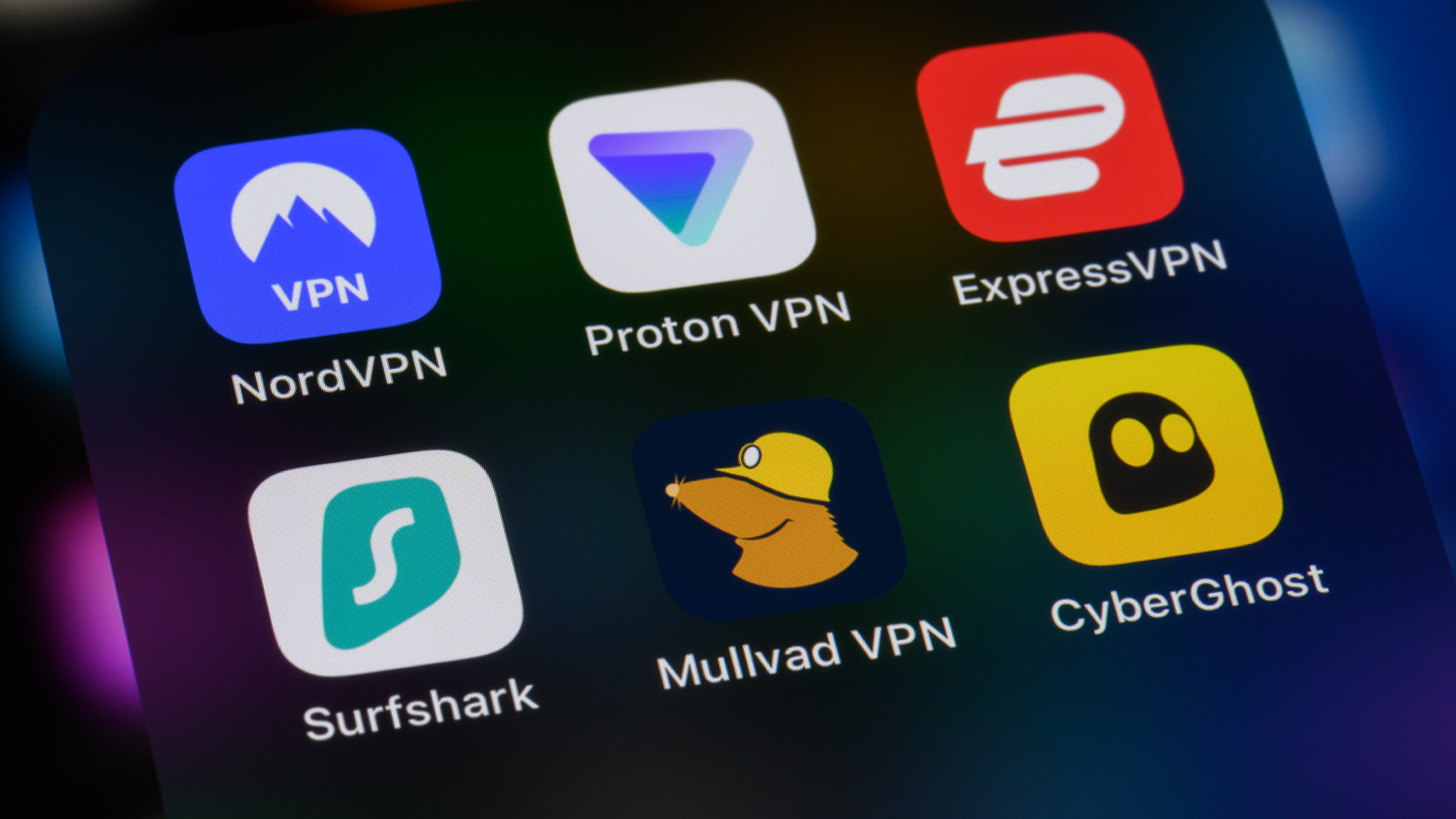
The UK's Online Safety Act officially introduced age verification measures on July 25, reshaping how people access certain websites and services.
Designed to protect children from harmful content and make platforms more accountable, the rollout has sparked heated debate. Critics worry about increased tracking, potential data breaches, and the loss of online privacy.
With new restrictions in place, VPN interest in the UK has surged as users look for greater control over their browsing and data security. While we don't encourage bypassing age checks, it's clear that VPNs have become a go-to tool for those concerned about privacy and the changing internet landscape.
We've tested countless VPNs over the years – you’ll find our full list of recommendations to the best VPNs and best free VPNs in our dedicated guides.
But if you just need a quick answer to which VPN to choose this weekend, we’ve got you covered here. These are the top options available today, plus a heads-up on what to look for in the small print.
1. NordVPN: best for most people
NordVPN still sits at the top of our rankings because it’s the best all-in-one VPN we’ve tested, delivering world-class security and speed, plus versatility from its extra features. Yes, Surfshark is slightly faster, and ExpressVPN just beats NordVPN on privacy and security in our most secure VPN guide, but at $3.39 / £2.69/month (on the two-year plan) NordVPN is cheaper than Express ($3.99 per month), better at unblocking geo-restricted content (it’s our top recommendation for streaming), and offers more extra features than both rival services.
NordVPN’s Threat Protection feature blocks malware, ads, and trackers well, while its audited no-logs policy means that no browsing data is logged by its servers. (Those independent audits prove that NordVPN is operating exactly as it claims.)
The apps themselves are straightforward to use, making it a good choice for beginners.
In this new era of stricter internet rules, NordVPN is a great choice for most people, and TechRadar has an exclusive deal. Sign up and get:
✅ Up to 76% OFF
✅ Up to $50 Amazon Gift card
✅ 4 months free protection (TechRadar exclusive)
Choose the Pro, Complete, Ultimate or Prime plans to get the deal. There's a 30-day money back guarantee, so if it isn't right you can cancel your subscription and get a refund.
Read more: NordVPN review
2. Surfshark: top budget option
Surfshark is the cheapest VPN in our top three, at $1.99/ £1.89 per month on the two-year plan. It scored slightly lower than NordVPN and Express VPN in our privacy and security tests, but it’s still an extremely robust choice for keeping your data safe - and it beats the other two on speed. You also get unlimited simultaneous connections, so every device in your home can stay protected, which neither NordVPN or Express VPN offer.
Surfshark's CleanWeb tools block ads, trackers, and known malicious sites, while its audited no-logs policy ensures that your browsing remains private. In our experience, speeds remain consistently fast across both nearby and long-distance servers, making it perfectly capable for streaming, video calls, and general browsing without interruptions.
Pricing is one of Surfshark's strongest selling points: plans start at around $2 per month on a two-year subscription, while monthly and annual plans remain competitive for those who prefer flexibility. All plans include a 30-day money-back guarantee, and there's a seven-day free trial so you can see whether it's right for you.
Read more: Surfshark review
3. ExpressVPN: great for beginners, but not cheap
If you're new to VPNs and want something that works flawlessly from the start, ExpressVPN is an excellent choice. Its apps are simple, intuitive, and consistent across devices, so you can connect securely in one click – we’ve tested it with complete beginners and they were able to get it up and running with no issues.
It also scores highly where it counts, on privacy and security, beating NordVPN (only just though, as you’ll see in our most secure VPN guide). ExpressVPN's commitment to privacy is reinforced by multiple third-party audits and, like the two services above, it has a proven no-logs policy, giving newcomers peace of mind that their data isn't being tracked. Its Lightway protocol also optimises speed and reliability, even on slower connections.
One reason why it’s our third recommendation and not our first is that ExpressVPN costs more. Plans start at around $4 per month on a two-year plan. Every subscription includes a 30-day money-back guarantee, letting beginners test its performance risk-free.
Read more: Express VPN review
PrivadoVPN Free: bonus free option
We don't recommend choosing a free VPN if data protection is your top priority, but if that’s what you’re looking for, then PrivadoVPN Free is one of the better services we’ve tested. It delivers AES-256 encryption, a strict no-logs policy governed by Swiss privacy laws, and industry-standard protocols like WireGuard and OpenVPN. It hasn't yet undergone an independent audit though.
You get 10 GB of full-speed data every 30 days. After that limit is reached, traffic is throttled to around 1 Mbps. That’s fine for light browsing or occasional streaming, not for heavy use.
Despite the cap, speeds during the full-speed window are surprisingly fast, with many tests showing performance comparable to our top-scoring VPNs. It can also unblock major platforms like Netflix and BBC iPlayer.
Still, if you’re serious about protecting your data, we’d recommend signing up for one of the services above.
Read more: PrivadoVPN Free review
Five red flags to avoid when choosing a VPN
VPNs don’t always guarantee complete anonymity, but using a reputable one does significantly boost your privacy online.
However, not all VPNs are created equal. While the services we've highlighted above have proven in our testing over the years to be trustworthy and reliable, there are plenty of options that can put your privacy, and your device, at risk.
Exclusively free VPNs are particularly notorious for tracking users or injecting ads to make money, and some paid services cut corners on security or performance.
Here are five big red flags to watch out for when choosing a VPN:
- No independent security or privacy audit
- Vague privacy policies
- Slow connection speeds or frequent disconnections
- Severe data caps that make streaming or gaming impractical
- Limited server locations, restricting your connection options
You might also like

The (cyber) devil is in the details - a saying that Alex firmly believes in every time he powers up his PC. As a freelance writer, Alex explored a plethora of topics and industries during his 10+ years-long career. Cybersecurity is his current focus, allowing his innate attention to detail (and OCD) to adorn each reader- and value-oriented piece he crafts.
- Julia SagarContent director, special projects
- Rob DunneVPN Editor
You must confirm your public display name before commenting
Please logout and then login again, you will then be prompted to enter your display name.
